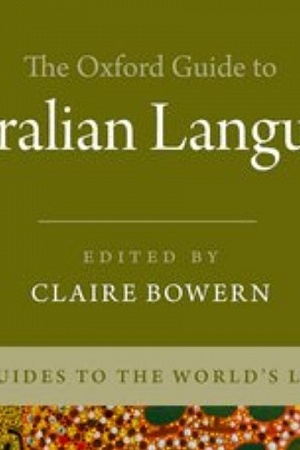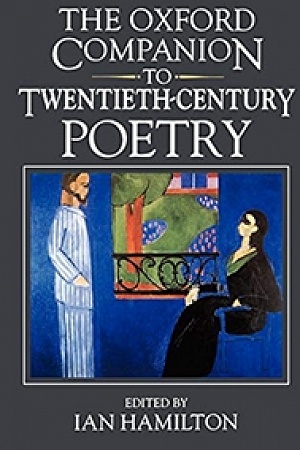The Child in Shakespeare
Oxford University Press, $100 hb, 192 pp
The Child in Shakespeare by Charlotte Scott
The figure of the child stands at both ends of human experience in Shakespeare’s plays. The span between our ‘mewling and puking’ infancy and our ‘second childishness’ of old age runs to little more than a dozen lines in Jacques’s famous ‘seven ages of man’ speech in As You Like It, before we slip into ‘mere oblivion, / Sans teeth, sans eyes, sans taste, sans everything.’ In the intervening years, our identity as children might shift as we undergo rites of passage into adulthood, as our relationships with our own parents evolve or as we become parents ourselves. But the child – the archetype of our essential nature – waits patiently for our return. Even Lear, the grand patriarch who disowns the truth-speaking child of his heart, must be racked on the fiery wheel of experience before he can become the ‘child-changed father’ Cordelia recognises in the end.
Continue reading for only $10 per month. Subscribe and gain full access to Australian Book Review. Already a subscriber? Sign in. If you need assistance, feel free to contact us.















Leave a comment
If you are an ABR subscriber, you will need to sign in to post a comment.
If you have forgotten your sign in details, or if you receive an error message when trying to submit your comment, please email your comment (and the name of the article to which it relates) to ABR Comments. We will review your comment and, subject to approval, we will post it under your name.
Please note that all comments must be approved by ABR and comply with our Terms & Conditions.